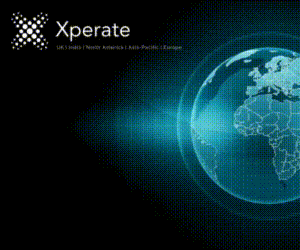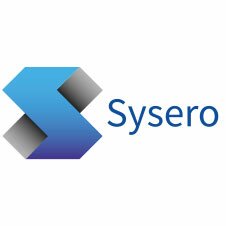Legal process mapping with agentic AI | Sysero
Following Briefing Knowledge Leaders 2025, I came away with 3 standout issues affecting the strategic use of AI in law firm knowledge management:
- No-one knows how to use agentic AI to extract best value
- Legal process mapping is back
- Curated knowledge bases are difficult to manage
Agentic AI refers to systems that can autonomously decide how to achieve a goal, often using tools and reasoning through multiple steps to complete tasks without explicit human guidance. This requires a great deal of control, testing and faith from law firms for use in client facing work. At present, there is considerable scepticism about whether agentic AI systems can reliably act without human oversight. So, can law firms benefit from Agentic AI without a Lawyer in the Loop?
The answer is yes, but we should start small with appropriate guardrails and monitoring in place. Some suitable processes would be using agents for research tasks such as sanctions, PEPS, adverse media research and conflict checking. These compliance processes are traditionally time-consuming and expensive. Agentic processes enhance this by conducting research using internal knowledge bases, external data sources and even browsing the internet if required, then synthesising and combining the results ranking them according to the risk profile of the matter.
This is achieved by law firm staff and systems vendors designing solutions that allow subject matter experts to create workflows based on Legal Process Mapping (LPM) and AI prompt engineering. Rather than expecting users to enter the correct series of prompts into some magical AI product, traditional project rigor is required to extract the best value from this exciting new technology.
LPM is a technique used to graphically document and analyse the steps involved in legal workflows and processes. It’s essentially creating a detailed diagram or flowchart that shows how legal work progresses from start to finish. LPM can be used in transactional law (M&A, Real Estate, Loans), litigation (Court Proceedings, Arbitration, Employee Claims, etc.) and even the provision of advice (GDPR audits, Governance, Insolvency).
On my final point, yes, curated knowledge libraries do require a degree of effort. Gen AI can help with large-scale re-classification of existing DMS folders and SharePoint libraries, but workflows that are designed in-house, using LPM tools, are required to ensure that the knowledge is valuable and most importantly, relevant. Many firms have aging libraries of documents labelled as Know-How, but unless these are maintained, they are worse than useless.
If you would like to know more and see demonstrations of LPM tools, agentic AI and ideas on how to build a curated knowledge base, register for our webinar:
- Webinar: Legal Process Mapping with Agentic AI
- Event Date & Time: Wednesday, 5th November 2025, 14:30 to 15:30 GMT
- Location: Microsoft Teams based webinar
Registration: https://www.sysero.com/PublicEditFormTabbed.aspx?ApplicationID=2283&CompanyGUID=38eff051-0dab-4001-9c1d-d26438479e38



